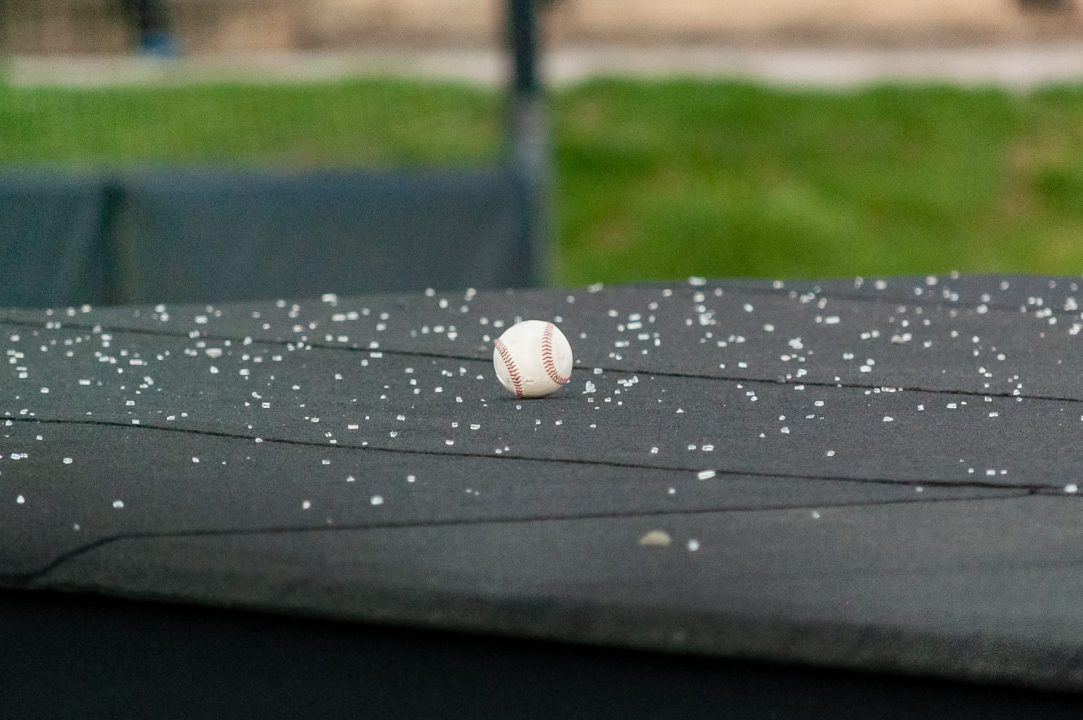For 16 years, UMBC has been a pioneer and one of the powerhouses in collegiate chess. However, on December 30 at the Pan-Am Intercollegiate Team Chess Championships in Cleveland, Ohio, the Retrievers were unable to qualify for the final four, a first time occurrence in 16 years.
The chess program at UMBC is often boasted of as one of the best in the nation. The school became one of the first in the nation to award scholarships for the sport, which they have seen pay off in the form of five National Collegiate Team Chess Championships.
The winning team in the Pan-Am tournament is considered the best in the country. The top four teams move on to compete in the President’s Cup to earn the title of National Collegiate Team Chess Champions.
UMBC came in tenth place at this year’s tournament, failing to qualify for the President’s Cup after 16 straight appearances. It was a result the team foresaw.
“Of course it is disappointing, but it was kind of expected,” said Grandmaster Niclas Huschenbeth. “It was the strongest tournament ever and we had a weaker team than the last years.”
“We got paired against a couple of really strong teams back-to-back after we had lost one match, which is really hard to recover from in the same day,” said Business Manager Joel DeWyer. “After we lost a second critical match, we knew it was a longshot to win it all. It just came down to the luck of the draw.”
Grandmaster Tanguy Ringoir added to this sentiment, “We had some bad luck, but I think the team’s overall performance was pretty good and, a couple of years ago, it would have been sufficient enough for us to qualify.”
Ringoir also said, “College chess is getting more and more competitive and I feel it’s only natural that this streak came to an end.”
Huschenbeth also said that entering the tournament, UMBC was ranked seventh, adding to the team’s belief that successful performance was a longshot.
Now that they are eliminated from a chance at claiming the national title, the chess program has begun to put focus more on teaching chess, rather than competing in it.
“We recently did a chess day with some lectures, lunch and a tournament for youth interested in chess. We’ve had several local schools contact us for lectures in chess and outreach into local schools in inner city Baltimore,” said DeWyer.
This is all part of a change that the chess program has begun to make in recent years.
“I think the focus is no longer to try and win intercollegiate championships, but rather be more educational,” said Ringoir.
DeWyer also said that “Being competitive is not our primary function anymore. We see a value without being a competitive sport. I just don’t know if we care about the so called ‘arms race’ in college chess. It’s just not attractive to us. It’s a conscious choice. We want to be more than just competitive.”
